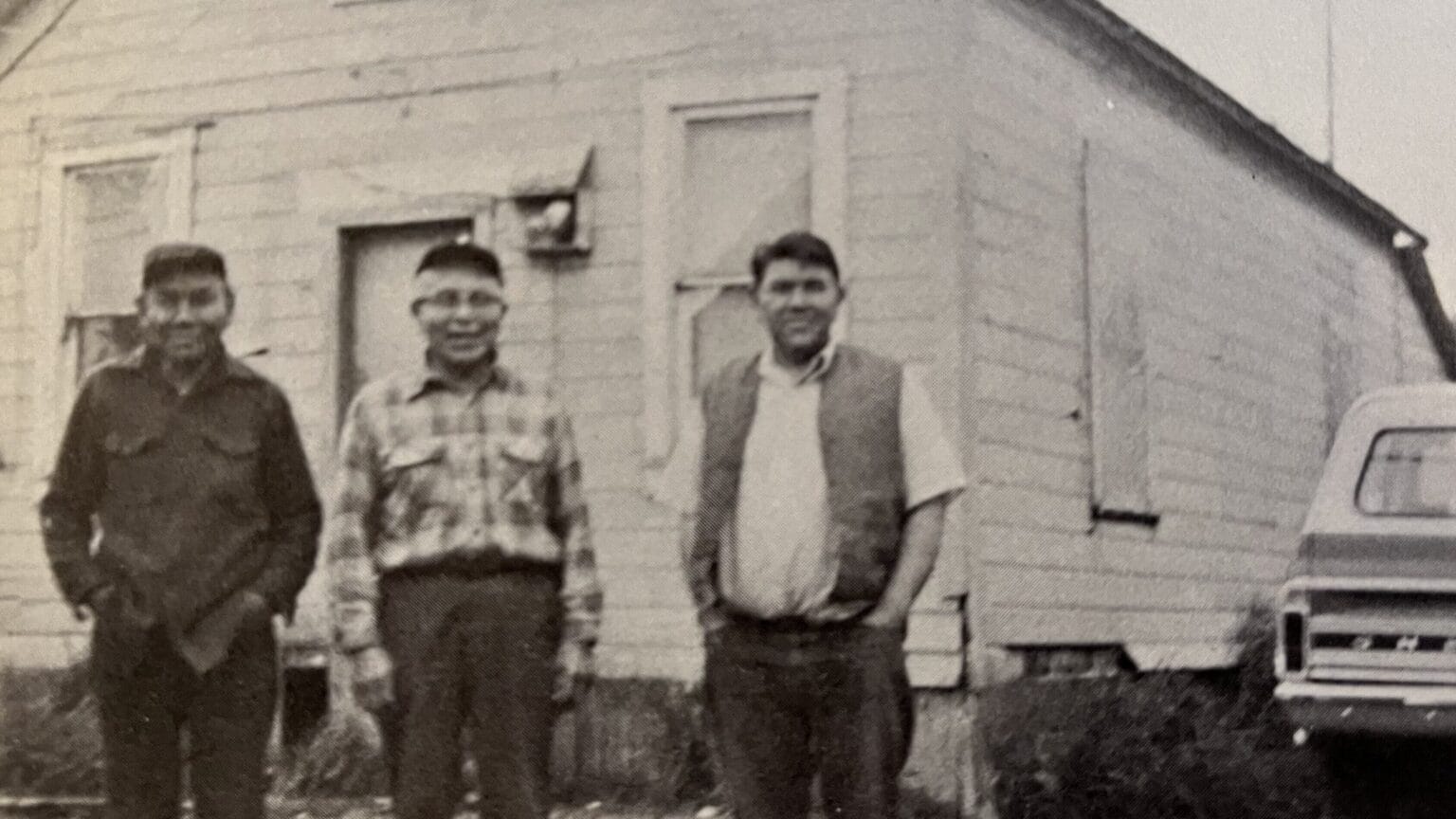The Alaska Friends Conference is set to issue an apology in Kake on Friday for the harm caused to the community by a Quaker mission they ran at the turn of the 20th century. The missionaries were also teachers at a government-run day school that forced Lingít children to assimilate into white culture.
The Quakers’ apology was planned for Kake Day — a day to celebrate Kake’s survival and the community’s cultural revitalization work. It’s on Jan. 19 this year.
Along with the apology, they’re giving more than $92,000 dollars to the community to help build a healing and cultural center.
This isn’t the first apology from the Quakers. In 2022, they came to Juneau to apologize for the Douglas Island Friends Mission school. Jan Bronson is a member of the Alaska Friends Conference. In an interview before traveling to Kake, she said it’s important to do more than apologize.
“It’s not enough to say ‘we’re sorry.’ We’re committed to listening, learning, and helping heal the trauma that resulted,” she said.
Kake Tribal Council President Joel Jackson says missions and schools like the one in Kake traumatized generations of tribal members.
“What our people were experiencing because of the boarding school era being passed on to generations, even up to now,” Jackson said. “Being forced into these schools and forced not to speak their languages and carry out their customs and traditions and their language.”
Jackson wrestled with these consequences for decades, first as police chief, and now as council president.
“We had some unfortunate high numbers of suicide in our little community,” he said.
Suicide rates plummeted after Kake leaders established a camp for youth 35 years ago that taught traditional food harvesting and art forms like carving. But Jackson said Alaska Native people are still healing from the forced assimilation that schools like the one in Kake brought.
Jackson and other tribal leaders are designing the new center to treat addiction with traditional values and food practices like hunting and fishing.
“It’s very important that we can at least try to give people an option to start healing from intergenerational trauma,” he said.
Last summer, local Lingít activist Jamiann S’eitlin Hasselquist and two elders, Jim and Susan LaBelle traveled to a Quaker conference in Oregon to talk about the harm the schools caused.
After, the Quakers asked Jackson what they could do to help healing in Kake, and he said that $75,000 for this healing center would be a good start. A Quaker group in the Pacific Northwest pledged $75,000 right off the bat. Other Quaker communities contributed nearly $20,000 more.
Jackson, the council president, says the healing center Kake is building with that money will help restore a sense of belonging and cultural identity to those who need it.


